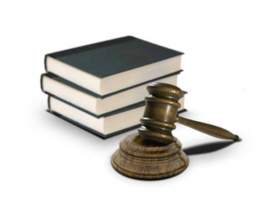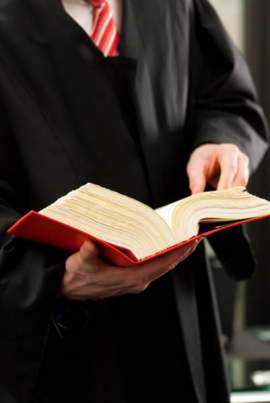
Prosecutor

What is a Prosecutor?
A prosecutor is a chief legal representative of the prosecution in countries that implement civil or common law systems. The prosecutor is the legal party responsible for presenting the matter in a criminal trial against the individual accused of violating the law. In general, the basic goal of the prosecution is to protect society from crime by making sure a guilty party (individual or entity who commits a wrongdoing) is convicted and subsequently punished for his or her wrongdoing.
In a common law jurisdiction, a prosecutor will typically be a lawyer. In this setting, the individual is recognized as a legal professional in representation of the state. They will typically be involved in criminal cases once the suspect is identified and charges are formally filed. Prosecutors in common law jurisdictions are primarily employed by an office or agency of the government. Because the prosecutor is backed the state, they will be subject to special professional responsibility regulations. For instance, in the United States, the ABA Model Rules of Professional Conduct requires that all prosecutors make timely disclosure to the defense concerning all evidence of information.
The Role of a Prosecutor:
A prosecutor in a trial attempts not only to persuade jurors that the defendant in question has committed crime, but also attempts to assure that no innocent people are wrongly convicted. The prosecutor—during a trial—is to represent the government and prove the guilt of the defendant for the crime in question.
There are five fundamental parts to a trial: the selection of the jury, opening statement, direct examination, cross-examination and the closing argument. When a trial commences, the judge will call roughly 40 jurors into the courtroom to whittle the body down to 12 unbiased jurors. In order to select these jurors, the prosecutor will evaluate the individuals by asking a series of questions. Questions might include: Have you or a family member ever been falsely convicted or accused? Have you or a family member ever had a bad experience with a law enforcement officer? Do you know any of the individuals involved in the case in any capacity? If the prospective juror answers yes to these questions, the prosecutor will ask follow-up questions to evaluate the prospective juror’s ability to preside over a case in a neutral manner.
After the jury is selected, the prosecutor will give an opening statement to the court. In essence, the opening statement requires the prosecutor to tell the jury about the evidence he or she will provide to prove guilt. After the opening statement, the defense attorney has the opportunity to provide a rebuttal.
Once the defense delivers the rebuttal, the prosecutor will call a witness to the stand to provide a testimonial. The prosecutor may show the witness documents, diagrams, photographs or any object to help identify or prove the defendant’s guilt. Again, once the prosecutor presents the case to the jury, the defendant is awarded the right to present evidence to prove innocence. When the defense presents said evidence, the prosecutor may, through cross-examination, ask the witness questions to challenge the validity of the statements provided. The prosecutor’s role formally ends when he or she presents a closing argument to the court. Similar to the opening statement, the closing argument is directed to the jury. In this speech, the prosecutor will summarize what the evidence and witnesses have shown and told. As a result of this process, the prosecutor’s role is not to secure a conviction at all costs, but instead, to seek justice so that no innocent party is wrongly convicted.
NEXT: Verdict




















